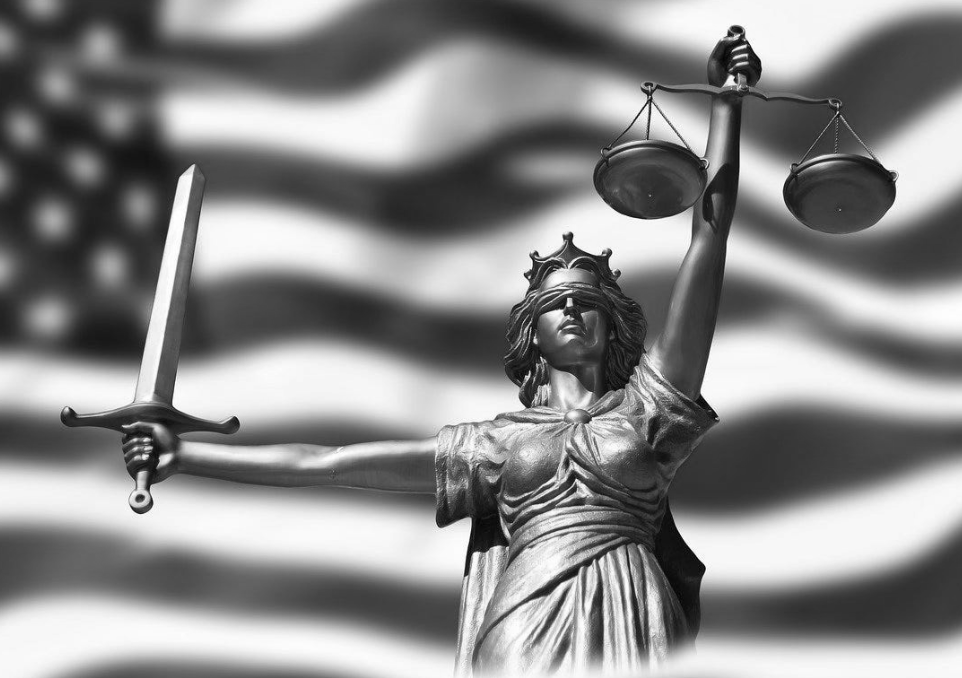
The powerful are using lawsuit threats to silence media
NPR
04/09/2025
Martin: In recent decades, there has been a rise of a conservative media, a sort of ecosystem which amplifies the views of the conservative movement. They also position themselves in opposition to other legacy media organizations and portray themselves as being more fair, more accurate, etc., so that’s not a secret. Your book talks about a secret campaign to protect the powerful. What is that?
Enrich: Well, there’s been a legal movement underway in this country now for 10 or 15 years that has really only recently kind of burst into public view. The goal of that movement has been to really curtail the protections that journalists and members of the public have when it comes to speaking out or speaking about powerful people in their communities or the country. And it has been increasingly effective at making the argument that the media no longer deserves the First Amendment protections that it has long had. The argument is predicated on this idea that it has become impossible for normal people, when their reputations are damaged by the media to seek recourse through the courts. And of course, that is a sympathetic argument. It’s not true, though, and there have been many examples recently of powerful public figures in public institutions managing to clear the high bar that the Sullivan case set and still win in court. And one of the things I saw through my reporting for this book was that all over the country, there have been hundreds of examples in recent years where powerful people, whether it is a mayor or a police chief or a local business owner all the way up to the president of the United States are using either threats of legal action or lawsuits to muzzle people or at least intimidate them and the fact is, even when those cases get thrown out of court, it basically leads people to self-censor.
Martin: What I hear you saying is that these tactics aren’t being used to achieve redress when something is wrong, you’re saying they’re being used to curtail reporting when the facts are actually right?
Enrich: Yeah, that’s exactly right. There’s just a huge power imbalance in a lot of these situations where a local business or a wealthy individual who has, for all intents and purposes, unlimited resources to just drag this out through the court system, send a million threatening letters and grind someone down through the legal process. And it comes at a time when most news organizations and most journalists are operating kind of on a financial knife’s edge. And lawyers and law firms recognize that the simplest, safest thing for most journalists to do is often to back down.